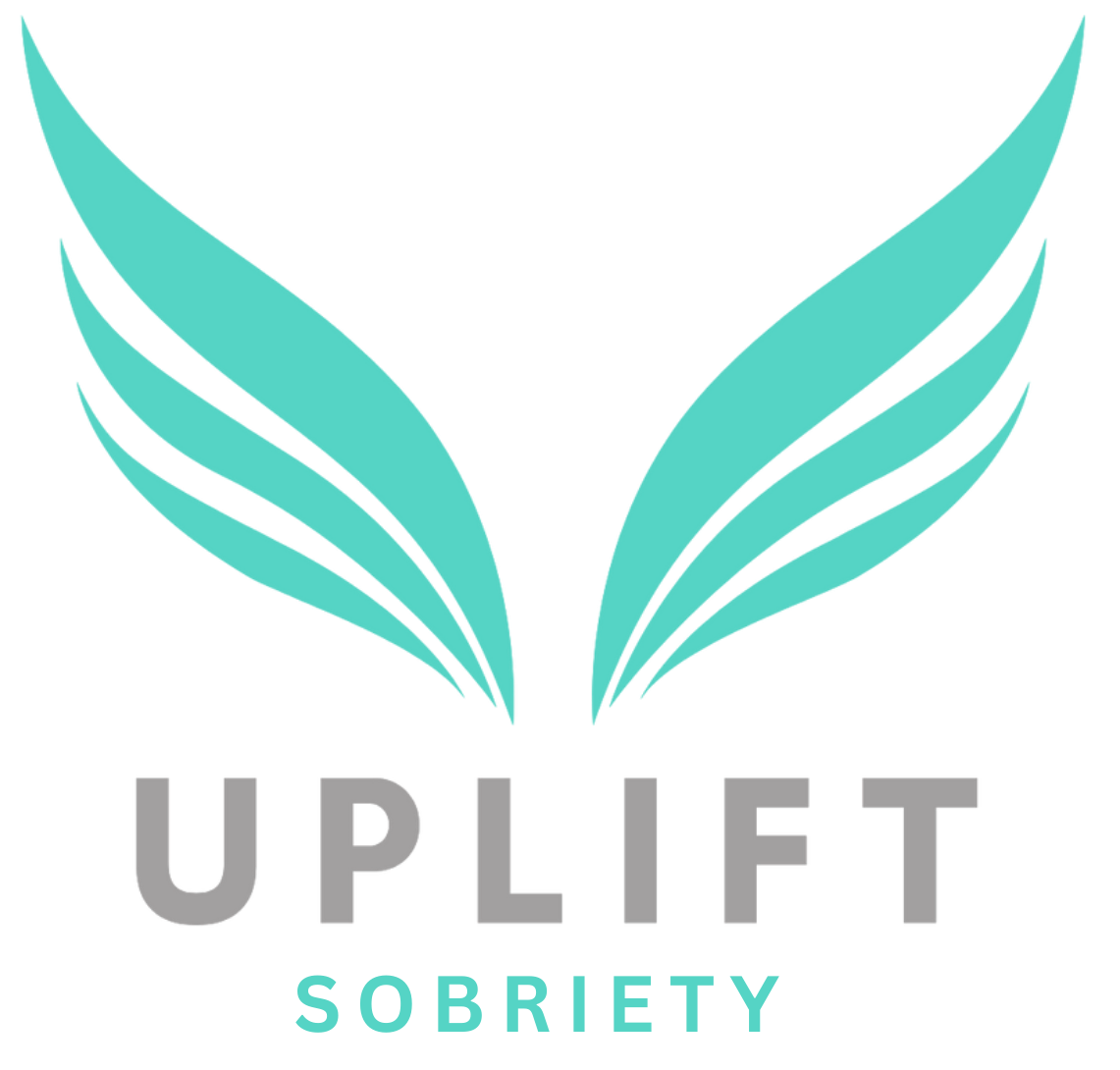Obsessive-Compulsive Disorder (OCD) Treatment
Regain Control and Find Relief at Uplift Sobriety
"We treat these conditions in conjunction with substance use, not independently."
Understanding Obsessive-Compulsive Disorder (OCD)
OCD is characterized by persistent, intrusive thoughts (obsessions) and repetitive behaviors or rituals (compulsions) performed to relieve distress. These compulsions often become time-consuming and interfere with daily activities, relationships, and overall well-being.
Signs and Symptoms of OCD:
Obsessive Symptoms:
Fear of Contamination: Excessive worry about germs, dirt, or illness.
Unwanted Aggressive or Harmful Thoughts: Fear of causing harm to oneself or others.
Extreme Need for Order and Symmetry: Intense distress when things are out of place.
Intrusive Thoughts: Persistent, unwanted ideas that cause distress.
Compulsive Symptoms:
Excessive Cleaning or Handwashing: Repeating actions to reduce contamination fears.
Checking Rituals: Repeatedly checking doors, appliances, or personal items.
Counting or Arranging Objects: Engaging in rituals to achieve a sense of control.
Repetitive Prayers or Mantras: Performing silent or spoken repetitions to reduce anxiety.
Recognizing these symptoms is the first step toward seeking professional treatment and learning to manage OCD effectively.
